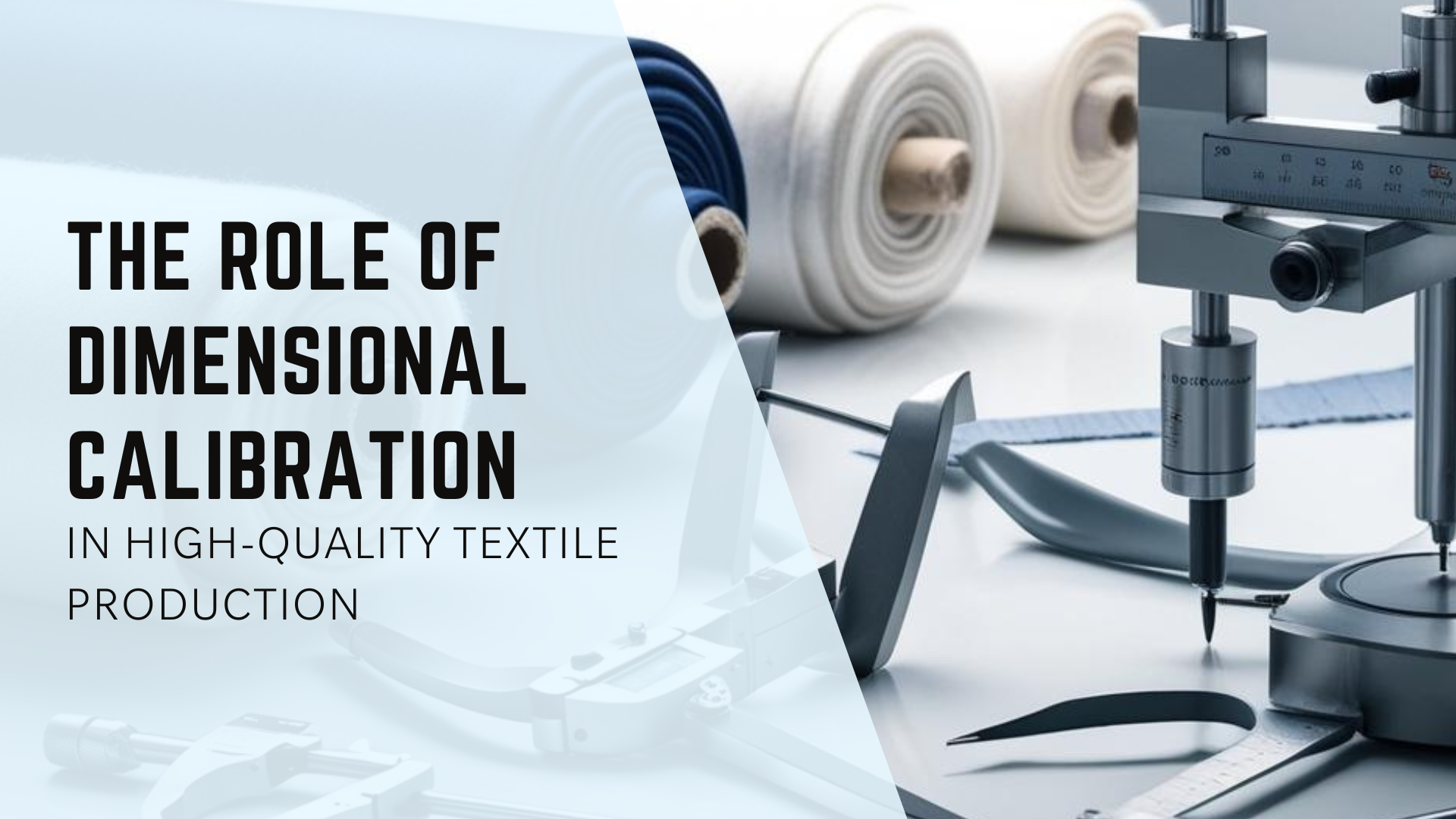
Calibration is one of the critical processes in the textile industry that guarantees exact measurement and tolerance for machinery. Thus, calibrated machinery ensures uniformity and efficiency from fabric cutting to dyeing and weaving operations. These machineries include various textile production equipment, including looms, dyeing machines, fabric inspection systems, etc. Wear and tear can cause machine performance deviations, affecting fabric dimensions and material wastage. Dimensional calibration services correct these errors by tuning machines to retain accuracy.
Ensures Uniform Fabric Quality
Through calibration of textile machinery, manufacturers can ensure uniform fabric sizes, avoiding discrepancies such as skew cuts and pattern misalignment.
Prevents Material Wastage
Uncalibrated machinery tends to result in faulty measurements, leading to unnecessary fabric cutting and wastage. Industrial calibration services ensure optimal reduction of these errors, enabling efficient material usage.
Improves Equipment Life
Periodic mechanical calibration avoids over-wear and tear on textile equipment, prolonging its life and lowering upkeep expenses.
Complies with Industry Standards
Textile manufacturers are required to meet high industry standards for the quality of their products. Textile industry calibration solutions facilitate compliance with international quality standards, eliminating rejections and returns.
Enhances Production Efficiency
Precise calibration removes machine downtime resulting from constant adjustments, enabling manufacturers to maximise productivity and meet deadlines effectively.
Calibration is very important in the textile industry to provide accurate and reliable measurements with different measuring instruments such as pressure gauges, temperature gauges, thermohygrometers, weighing balances, and timers. These instruments are very important in ensuring constant quality and operating efficiency in textile manufacturing processes.
Pressure Gauges
Calibration makes sure that the pressure readings are correct, which can avoid future damage to machinery and provide proper working conditions for processes such as dyeing and finishing.
Temperature Gauges
Correct temperature reading is crucial in processes such as heat setting, dyeing, and curing to provide consistent quality of the product and prevent over or under-heating that would compromise fabric integrity.
Thermo hygrometers
Calibration aids the proper measurement of humidity and temperature, which is most important to avoid defects like shrinkage, warping, or distortion in fabrics during production and storage.
Weighing Balances
Calibration is carried out on time and regularly assures accurate measurements of the weights of raw materials, chemicals, and finished products, vital for consistency of production and client specifications.
Timers
Calibrating timers enables accurate process control during activities such as weaving, drying, and finishing, which immediately affects product quality and production efficiency.
With proper calibration of these instruments, the process within the textile manufacturers would be more optimized, helping to reduce wastage, improve quality of products, and maintain compliance with industrial standards. It also limits errors that could otherwise cause expensive defects or a delay in production. Lastly, it plays a role in ensuring that the governing standards are met, which directly impacts how the end product is viewed.
Precision is the key to achieving excellence in textile production. Ensuring calibration for textile machinery guarantees precision in all processes, from weaving to finishing. Mechanical calibration will ensure that manufacturers can provide product consistency, develop minimum waste, and improve overall efficiency.